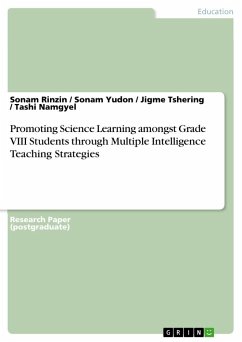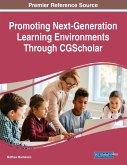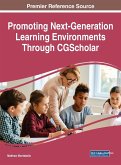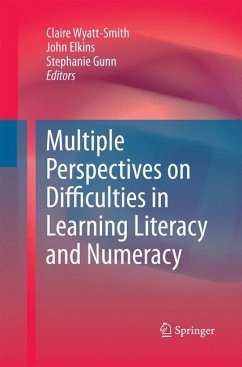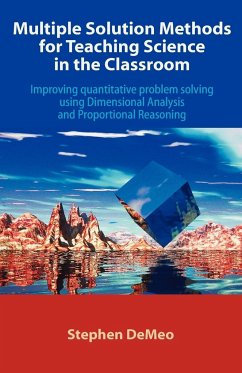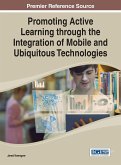Research Paper (postgraduate) from the year 2017 in the subject Pedagogy - School Pedagogics, Royal University of Bhutan, language: English, abstract: Quality science education amongst the youth has become crucial to survive in the ever challenging 21st century world. Stakeholders at different levels are concerned that science education in Bhutan is not up to expected level. Science teachers of School X also experienced students' poor performance. Predominance of teacher centered mode of instruction (traditional method) is one factor that hindered science learning.Various literatures have cited the inherent potential of Multiple Intelligence (MI) teaching strategies to promote science learning, and provide students the learning platform depending upon their well-developed intelligence.This study was intended to promote science learning amongst the grade VIII students of School X through MI teaching strategies. 37 students were randomly sampled for the study and 11 students were selected from the sample population for the in-depth interview. The data were collected twice (baseline data before intervention with MI strategies, and post-line after the MI intervention strategies).Science teachers intervened with teaching strategies based on eight intelligences for the period of two months addressing the learning barriers identified from base line data. The base line and post line data were analyzed and compared. The study revealed that MI teaching strategies upscale the science learning and understanding amongst the students. It indicated that incorporating MI teaching strategies improve science learning in students by fostering variety of teaching-learning activities; promoting different types of teaching learning material and encouraging students to actively participate in learning activities in the class.
Hinweis: Dieser Artikel kann nur an eine deutsche Lieferadresse ausgeliefert werden.
Hinweis: Dieser Artikel kann nur an eine deutsche Lieferadresse ausgeliefert werden.

